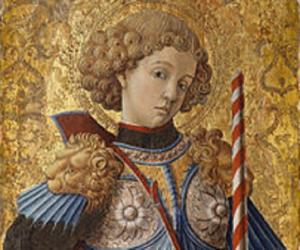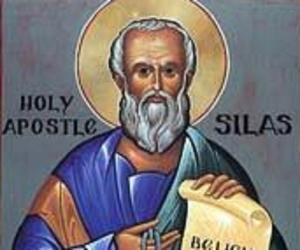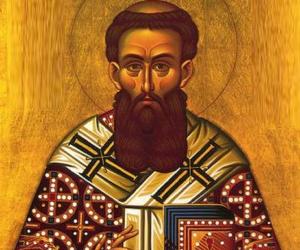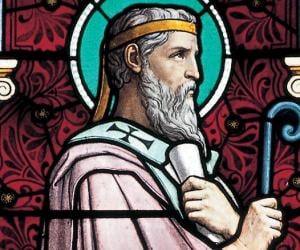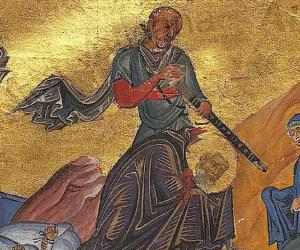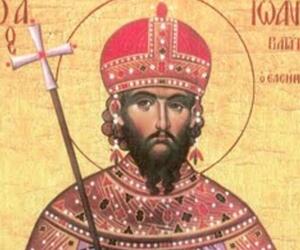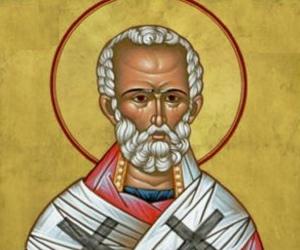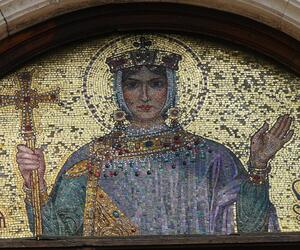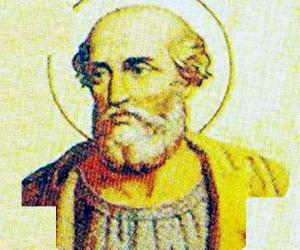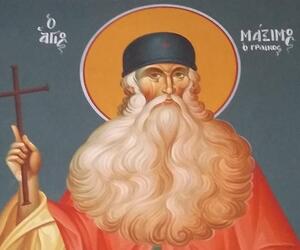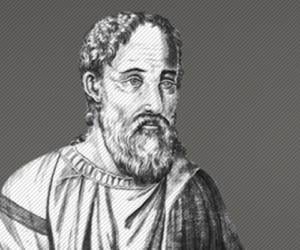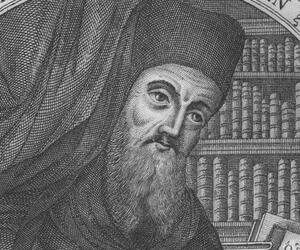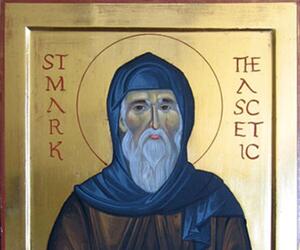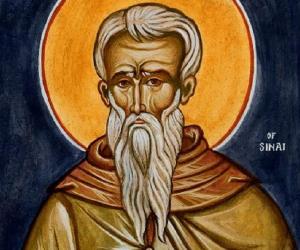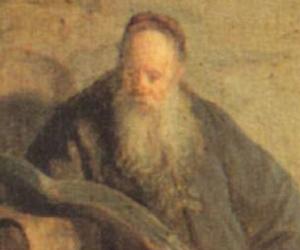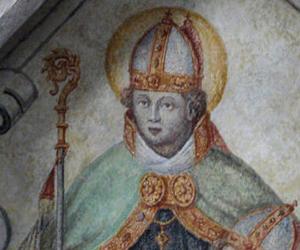1
Saint George
(One of the Most Venerated Saints and Megalomartyrs in Christianity)
Birthplace: Cappadocia, Turkey
Died: April 23, 0303
Saint George, of Cappadocian Greek origin, served as a soldier in the Roman army and later became a member of the Praetorian Guard for Emperor Diocletian. Despite his military background, he is best known for his steadfast Christian faith and refusal to renounce it, leading to his martyrdom. He is revered as a significant figure in Christianity, particularly as a military saint, and is celebrated for his courage and unwavering devotion to his beliefs. Saint George's legacy is symbolized in the famous legend of him slaying the dragon.
